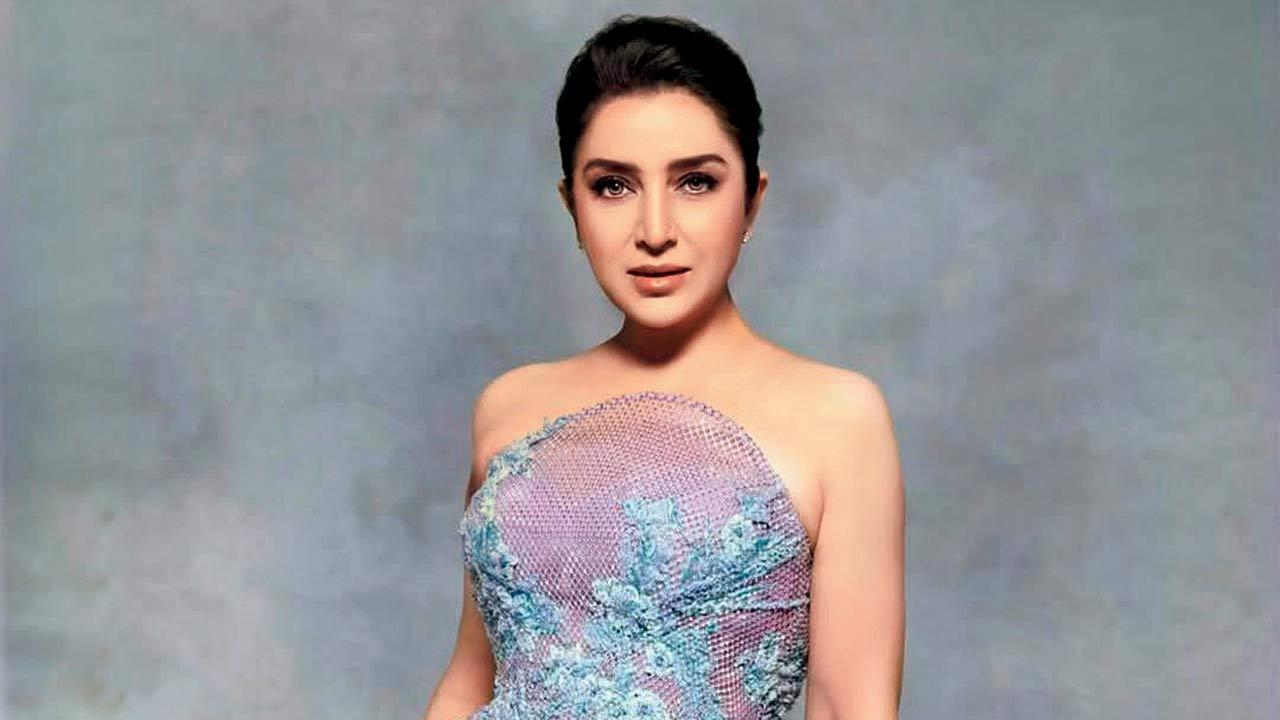Tisca Chopra discusses societal perceptions of women’s strength through her directorial debut Saali Mohabbat which stars Radhika Apte, Divyenndu, and Anurag Kashyap

Tisca Chopra
As Saali Mohabbat premièred at the 55th International Film Festival of India (IFFI) last month, director Tisca Chopra felt two contradictory emotions. On the one hand, she felt validated as her maiden directorial feature received praise; on the other hand, she remembers being harsh to her own work throughout the screening. “I am hyper critical. Even as an actor, while going back home after a shoot, I am redoing everything in my head. I think, ‘I should’ve done this or that.’ I’m trying to be less compulsive about things now,” she smiles.
In Saali Mohabbat, Chopra has brought an eclectic cast of Radhika Apte, Divyenndu and Anurag Kashyap. Considering Kashyap is a prolific filmmaker, did she take any advice from him? “Anurag would give suggestions as an actor, not as a director. For instance, he told me to stage a shot a certain way to save time. And we did,” she says, adding that she and Kashyap go back a long way. “He has never directed me and that’s a big grouse I have with him. He is a no-filter human being and that makes a quality performer because he is receptive. He was on board even before Manish [Malhotra, producer] was attached to it. On my first day as a feature film director, I was directing Anurag Kashyap!”
ADVERTISEMENT
 Anurag Kashyap
Anurag Kashyap
The other joy she experienced was directing Apte, who was her first choice for the protagonist. Chopra shares, “I had two people in mind. Radhika was number one, and there was another actor. But Radhika said yes, so we didn’t go to the other person. Radhika is an actor extraordinaire.”
For the film, Chopra has crafted a thriller in which Apte’s protagonist narrates a story of infidelity to a group of guests at her home. Was bringing a female gaze to the theme of infidelity important to her? The director views it differently. “Infidelity isn’t the centre of the story. It was more about taking certain roles for granted, like the doormat, the wallflower, the simple person, and so on. But when pushed against the wall, how far will a person go? Society perceives women as being weak. But I want to question it in this film.”
For many female actors across Bollywood and Hollywood, the decision to turn filmmaker stems from a lack of characters. But Chopra’s reason is simple. “A story needs to be told in its own way, not as per the market. The idea is to make a story best for itself and to make sure it’s cocooned without it becoming a bastard child. I will act in some films, and write, direct and produce others.”
 Subscribe today by clicking the link and stay updated with the latest news!" Click here!
Subscribe today by clicking the link and stay updated with the latest news!" Click here!







